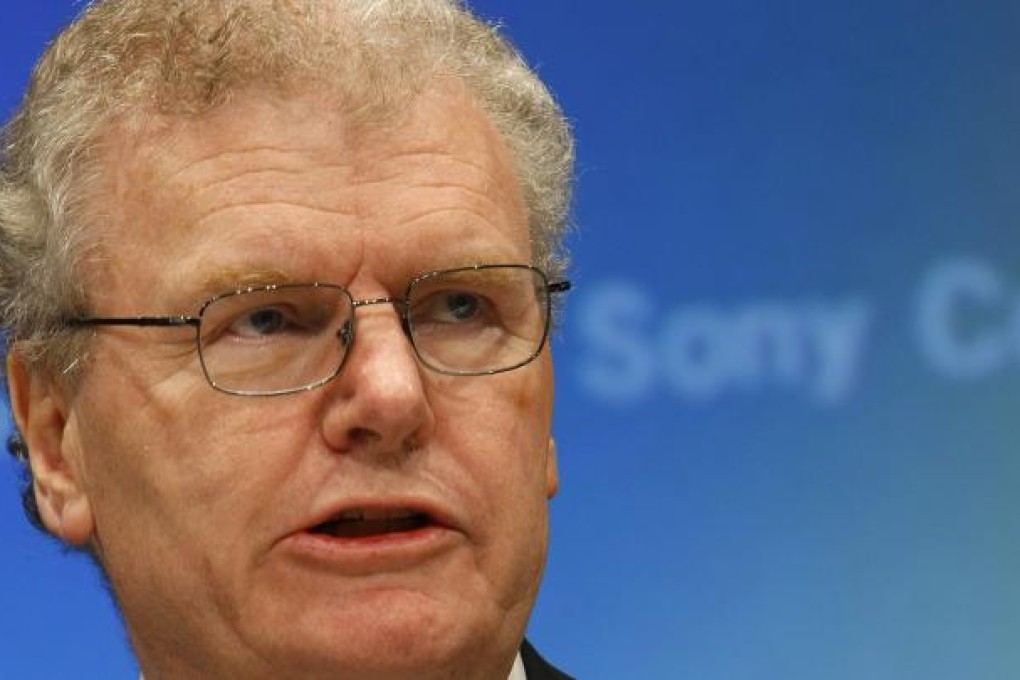Sony chairman Howard Stringer to step down in June
He announced his departure in New York in a speech at the Japan Society on Friday, which was confirmed by Tokyo-based Sony on Sunday. His retirement will come at an annual general shareholders’ meeting in June.

Howard Stringer, who fought to bring a divided and struggling Sony together as the Japanese electronics and entertainment company’s first foreign president, is retiring as chairman in June.
He announced his departure in New York in a speech at the Japan Society on Friday, which was confirmed by Tokyo-based Sony on Sunday. His retirement will come at an annual general shareholders’ meeting in June.
Stringer, a Welsh-born American and 15-year employee at Sony, became president in 2005, when the once glorious maker behind the Walkman portable player was first starting to get slammed by the flashier Apple and the nimbler Samsung Electronics.
The company, which makes the PlayStation 3 game console as well as “Spider-Man” movies, is still struggling. It has lost money for the last four years, and racked up its biggest loss in its 67-year history for the fiscal year through March last year.
Stringer said he was ready to retire after handing over the helm last year to Kazuo Hirai. Stringer groomed Hirai, longtime head of Sony’s video-game unit, who led its relative success as a brand in the US market, to be his successor.
“I was pleased to hand the reins to Kazuo Hirai last year because I saw in him the right mix of skills to lead Sony, and I knew it was the right time to bring about generational change,” Stringer said in the speech.
“Over the course of the past year, he has come into his own and is leading Sony with vision and authority.”